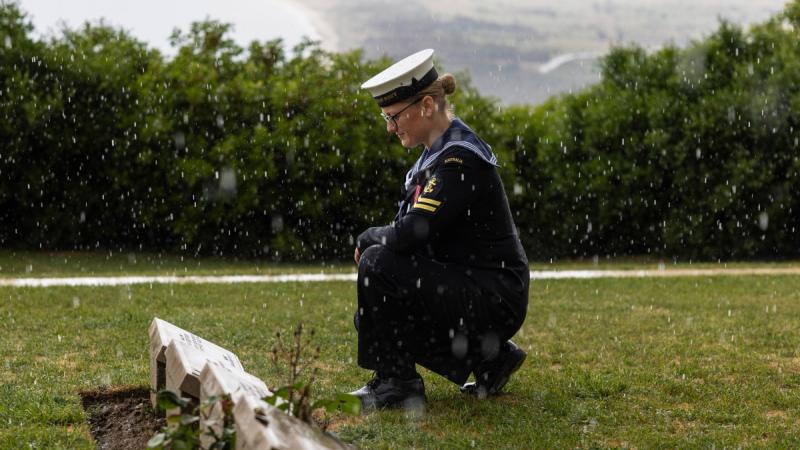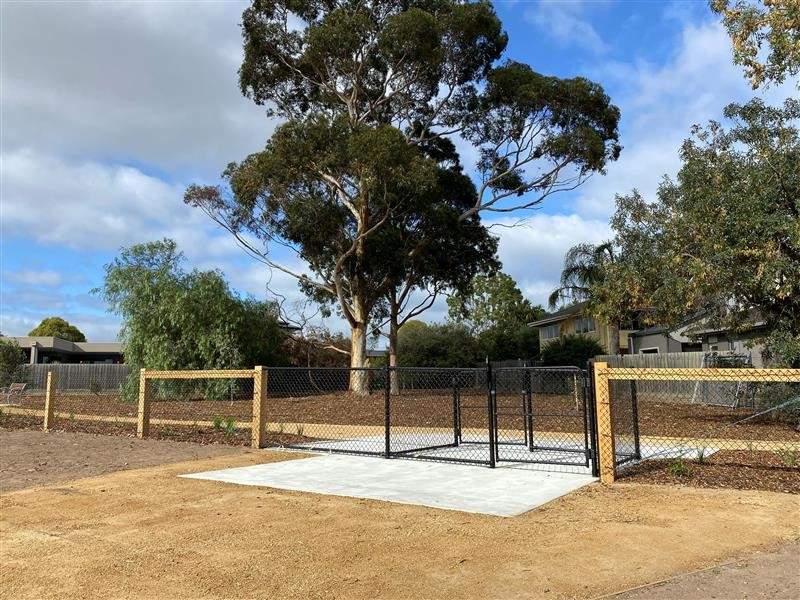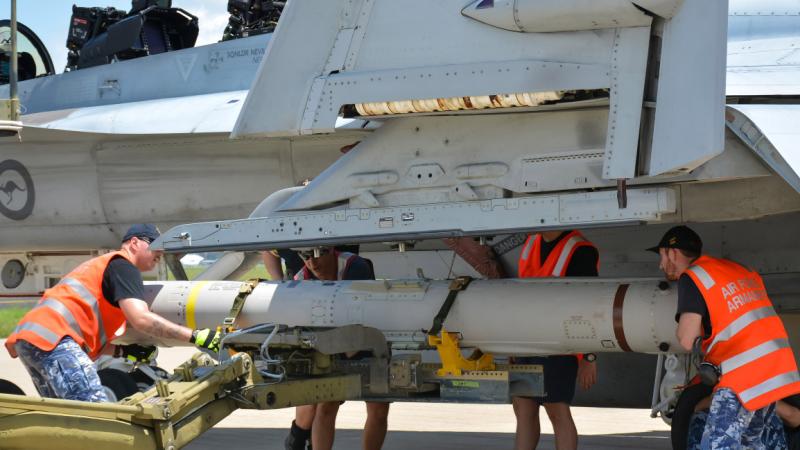The Security Council unanimously decided today to extend the use of the Bab al-Hawa border crossing for the delivery of aid into north-west Syria until 10 July 2023, as members subsequently assessed the propriety of the six-month extension.
Through resolution 2672 (2023) (to be issued as document S/RES/2672(2023)), the Council decided to confirm, pursuant to paragraph 2 of resolution 2642 (2022), the extension of its previous authorization of the Bab al-Hawa crossing point on Syria’s border with Türkiye, first laid out in paragraphs 2 and 3 of resolution 2165 (2014). The Council also requested the Secretary-General to provide a special report on humanitarian needs in Syria no later than 10 June 2023.
The Council also demanded the full, immediate implementation of all provisions of all relevant Council resolutions and called on Member States to address the urgent needs of the Syrian people in light of the profound socioeconomic and humanitarian impact of the COVID-19 pandemic on that country. It also urged further initiatives to broaden humanitarian activity in Syria.
Through the text, the Council requested the Secretary-General to brief the Council monthly and to provide a regular report – at least every 60 days – on the implementation of relevant resolutions, which should include overall trends in unhindered, safe United Nations cross-line operations and certain information on humanitarian assistance delivered through cross-border operations. The Council also encouraged the convening of an informal interactive dialogue every two months to regularly review the implementation of today’s resolution, including progress in early recovery projects.
After the vote, Switzerland’s representative, also speaking for Brazil, said that today’s adoption comes at a time when the 4.1 million people in need of assistance in north-west Syria are facing harsh winter conditions. Thanking Council members for their support, she said that the resolution allows humanitarian actors to continue to deliver aid in a coordinated, carefully monitored manner and to provide life-saving and early recovery assistance at scale.
The representatives of the United Kingdom, France, Japan and the United States, however, cautioned against shorter mandates as they urged the Council to extend the cross-border Mechanism in 12-month increments. The latter delegate said that, while it is important that the Council came together today, “this resolution represents the bare minimum”. She added that the United States – the leading donor to humanitarian-response plans for Syria – will not support reconstruction efforts led by Syrian President Bashar al-Assad’s Government until there is a political resolution to the conflict.
The representatives of China and the Russian Federation, in turn, both spotlighted the impact of unilateral sanctions on humanitarian assistance in Syria. The Russian Federation’s representative also stressed that Western delegations are focusing their efforts on inflating the myth that deliveries through the cross-border Mechanism cannot be supplanted with cross-line deliveries, which do not violate Syria’s sovereignty. He stated that a new six-month extension in July will not occur unless the approach to providing humanitarian assistance in Syria changes.
Meanwhile, Syria’s delegate highlighted some Western States’ persistent politicization of humanitarian work, also pointing to their failure to deliver on pledges to fund the humanitarian-response plan and their imposition of unilateral coercive measures that have aggravated the suffering of the Syrian people. Stressing that his country has been deploying all efforts to improve the living conditions of its people without discrimination, he urged that the text of any new resolution address, inter alia, the need for expanded early recovery projects and the negative repercussions of unilateral coercive measures on humanitarian work in Syria.
Also speaking were representatives of Brazil (also for Switzerland), Ecuador (for the 10 elected Council members) and the United Arab Emirates.
The meeting began at 10:04 a.m. and ended at 10:46 a.m.
Statements
RONALDO COSTA FILHO (Brazil), speaking also for Switzerland before the adoption as co-penholders of the Syrian humanitarian file, said the text under consideration is crucial for the delivery of life-saving aid to the Syrian people. It confirms the extension of the border crossing at Bab al-Hawa for an additional six months until 10 July 2023, in accordance with operative paragraph 2 of resolution 2642 (2022), and requests the Secretary-General to provide a report on the humanitarian needs in Syria no later than 10 June 2023. Noting that the current mandate expires tomorrow, he said that confirming its extension today will send a strong signal of support for the Syrian people and for all humanitarian actors, particularly the United Nations. His country and Switzerland look forward to working together to contribute to the advancement of the Syrian humanitarian file in the spirit of transparency and inclusiveness, he added.
HERNÁN PÉREZ LOOSE (Ecuador), speaking on behalf of the 10 elected Council member in his country’s capacity as coordinator for January, stressed the importance of rapid and unimpeded humanitarian access to meet the needs of the affected population. He noted that through the adoption of resolution 2642 (2023), the Council confirmed an additional six-month extension, as required by its second operative paragraph, and it allowed for the much-needed delivery of humanitarian assistance, under the monitoring of the United Nations and in line with the humanitarian principles of impartiality, neutrality and humanity. The resolution addresses the dire needs of the Syrian people through the cross-border mechanism and provides more certainty to humanitarian organizations, he affirmed.
PASCALE CHRISTINE BAERISWYL (Switzerland), also speaking for Brazil after the adoption, welcomed the text, which extends the mandate for the humanitarian cross-border mechanism into north-west Syria. Such adoption comes at a time when the 4.1 million people in need of assistance in that region are facing harsh winter conditions. Thanking Council members for their support, she stated that the resolution allows humanitarian actors – particularly the United Nations and its agencies – to continue to reach those in need in a coordinated and carefully monitored manner. Further, it allows humanitarian actors to continue providing life-saving and early recovery assistance at scale. Calling on all parties to facilitate the delivery of humanitarian aid, she added that a political solution to the conflict must be found, pursuant to resolution 2254 (2015), to improve living conditions in Syria.
LANA ZAKI NUSSEIBEH (United Arab Emirates), aligning herself with Ecuador’s statement, expressed appreciation for the efforts of all Council members in placing the needs of the Syrian people ahead of any political considerations. Underscoring the importance of the Mechanism in alleviating the suffering of the Syrian people, she said there is still room for improvement in ensuring that it can better respond to the current conditions on the ground. It is essential to find solutions that respect the sovereignty and territorial integrity of Syria, including by increasing the volume and scale of cross-line aid operations and early recovery projects in accordance with resolution 2642 (2022), she said. Highlighting the need to provide electricity as a basic humanitarian need, she also drew attention to the importance of supporting demining efforts in Syria.
BARBARA WOODWARD (United Kingdom) said the United Nations cross-border mandate will provide life-saving assistance to those in need in north-west Syria. Recalling that 4.1 million Syrians rely on the food, medical supplies and other humanitarian products that the Mechanism provides, she underscored the need to provide more certainty to Syrians and the humanitarian workers who serve them. The humanitarian community continuously warns that shorter mandates result in a perpetual cycle of contingency planning, which limits the capacity to help those in need, she cautioned, noting that the humanitarian imperative demands a 12-month mandate. The Council has played its role in supporting the Syrian people; however, they deserve more: a genuine political process – in line with resolution 2254 (2015) – the only sustainable means to ending the suffering of the people in Syria.
LINDA THOMAS-GREENFIELD (United States), welcoming the unanimous adoption, said that the Council, in extending the cross-border mechanism, has today ensured that food, water, shelter and other critical humanitarian assistance will continue to reach the Syrian people. However, she stressed that, while this lifeline will continue to operate, much more could have been – and needs to be – done. Recalling the Council’s July 2022 failure to extend the mandate for 12 months, she said this made it harder and more costly for aid workers to procure, hire and plan. Further, it hindered the implementation of early recovery projects that some critics of the cross-border mechanism claim to want. While it is important that the Council came together today, she underscored that “this resolution represents the bare minimum”. Adding that the United States – the leading donor to humanitarian-response plans for Syria – will not support Assad-regime-led reconstruction until there is a political resolution to the conflict, she urged such regime to end the brutal war and work towards just, sustainable peace.
NICOLAS DE RIVIÈRE (France), welcoming the consensus regarding the renewal of Council resolution 2642 (2022), said nevertheless the humanitarian actors could have used a 12-month extension as well as the opening up of a second border point in order to ensure a more satisfactory delivery of humanitarian aid. Stressing the need to guarantee unhindered access, he said the needs in Syria remain immense and the situation continues to worsen. The Council must face up to its responsibilities, he underscored, adding that his country and its European partners will continue their support according to the needs of the Syrian population. However, any development in their position with regard to normalization and lifting of sanctions depends upon the Syrian regime’s commitment to a credible and inclusive political process, he added.
ZHANG JUN (China), noting that his delegation voted in favour of the resolution, stressed the importance of continuously improving the humanitarian situation of all Syrians. The sovereignty of Syria and the ownership of the Syrian Government must be fully respected, he asserted, describing the cross-border assistance as a temporary arrangement made under special circumstances that should ultimately transition into cross-line assistance, with the latter becoming the main channel for humanitarian aid to Syria. The frequency and the size of convoy in the north-west Syria must be significantly increased, he said, adding that all parties should ensure adequate supplies and funding for cross-line assistance. Moreover, vigorous efforts must be made for quality gains in early recovery projects and the overall funding for them must be improved. He emphasized that unilateral sanctions impede humanitarian access to Syria, restrict access to humanitarian resources and run counter to the efforts of the Council to improve that access. Further, they inhibit humanitarian agencies from procuring supplies, he said, urging the relevant countries to fully lift the unilateral sanctions on Syria.
VASSILY A. NEBENZIA (Russian Federation), stressing that his delegation’s vote today should not be viewed as a change in the Russian Federation’s principled position on the cross-border Mechanism, said that, as it currently stands, the resolution fails to reflect the aspirations of the Syrian people. All must clearly understand that there neither can nor will be a discussion of a mechanical extension of the Mechanism, and a new six-month extension in July will not occur unless the approach to providing humanitarian assistance in Syria changes. Western delegations have no intention of implementing resolutions 2585 (2021) and 2642 (2022), are not concerned about the needs of ordinary citizens and only wish to maintain the cross-border Mechanism as a tool to pressure Damascus. Further, such delegations are focusing their efforts on inflating the myth that deliveries through the Mechanism cannot be supplanted with cross-line deliveries, which do not violate Syria’s sovereignty. Adding that Western countries are sidestepping the fact that their criminal, unilateral sanctions are impacting ordinary Syrians, he stressed that such countries are knowingly worsening the situation to discredit efforts by the legitimate Government.
ISHIKANE KIMIHIRO (Japan) said amid prolonged conflict surrounded by a complex political landscape, humanitarian needs in Syria have reached record levels, with an estimated 15.3 million people desperately relying on life-saving assistance such as food, water, shelter, education and vital medical supplies. The existing cross-border operation through Bab al-Hawa crossing provides a satisfactory level of transparency, and meets the basic needs of Syrian people, including women and children in the north-west. He underlined that the mandate of the cross-border mechanism should be at least one year, as six months is not sufficient to provide the necessary assistance. The dire humanitarian situation in Syria requires early recovery activities, including basic infrastructure-related projects such as electricity and water, he said, calling for synergy of cross-line and cross-border assistance.
BASSAM SABBAGH (Syria), stressing that his country has been deploying all efforts to improve the living conditions of its people without any discrimination, said it has been cooperating with the United Nations and its humanitarian agencies. Due to efforts made before the adoption of Council resolution 2642 (2022), the electricity sector was one of the most vital sectors within early recovery activities. Such efforts made by his Government to improve the humanitarian situation of Syrians have unfortunately met real challenges that hindered tangible progress, he said. Highlighting the persistence of some Western States in politicizing humanitarian work, he pointed to their failure to deliver on their pledges to fund the humanitarian response plan as well as their persistence in imposing unilateral coercive measures that have aggravated the suffering of the Syrian people.
Noting that his Government was keen on briefing the Council as it considered the extension of Council resolution 2642 (2022), he said Syria would like the text of any new resolution to reaffirm the importance of providing electricity and energy for basic services and implementing renewable energy projects. Also stressing the need to support demining and removal of exploded remnants, he said that it is vital that text address the need to increase the share of early recovery projects and expand these projects quantitatively and qualitatively. Also calling for support of basic services to guarantee the dignified, safe and voluntary return of refugees, he added that the new resolution must mention the negative repercussions of the unilateral coercive measures on humanitarian work in Syria. Further it must call for funding of the humanitarian response plan in Syria, he said, stressing that the technical extension of resolution 2642 (2022) is not adequate.








